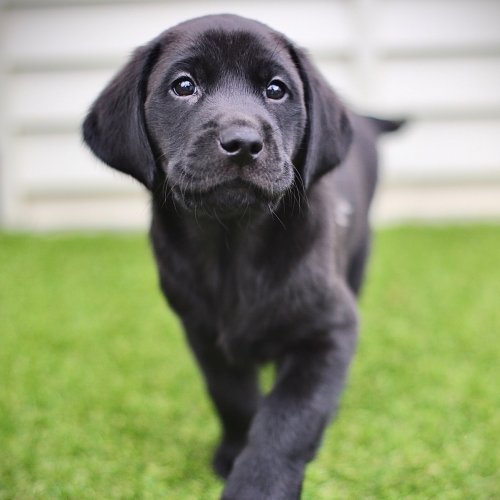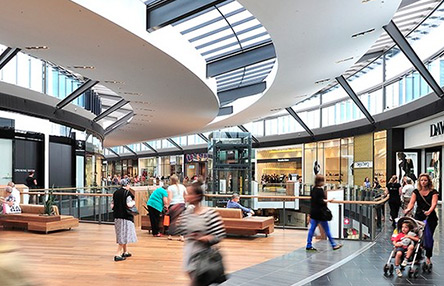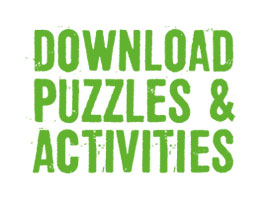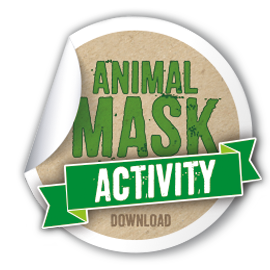Guide Dogs

We've been talking to the team at the Bristol branch of Guide Dogs about the fantastic work that they do in the local community and around the country. We regularly welcome Guide Dogs, owners, and trainers into the centre and wanted to share more information about their charity, the role of a Guide Dog and the ways in which people can get involved. We hope that you find it of interest.
What do Guide Dogs do?
Guide Dogs is a charity supporting people who have sight loss. They provide their iconic guide dogs to help people live more independently and get out and about on their own terms.
As well as their life changing dogs Guide Dogs also provide training for things like life skills, getting around with a long cane and information and advice.
They also provide services for children with vision impairment, including buddy dogs. Buddy dogs are dogs who weren’t quite up for being a guide dog, but can still provide companionship and support for a child.
What’s it like being a Guide Dog?
Some people think guide dogs are all work and no play, but that’s definitely not the case! Guide dogs get plenty of time off to have fun and be silly. Whenever they are not out guiding their owner, they live at home as a normal dog with lots of off leash time and plenty of cuddles.
What happens to dogs that don’t qualify?
Not all dogs are up for being a guide dog. We want our dogs to enjoy their work, so if they’re not enthusiastic about it, they’ll be taken out of the training programme.
After that, the dogs can either retrain as a buddy dog (companion for a child with vision impairment), or can be rehomed as a much loved pet.
Volunteering at Guide Dogs
We have a variety of roles that contribute to the work we do. Whether you can give a minute, an hour, or a lifetime we have something for you. You can work directly with our dogs or with people who are visually impaired. You can support raising awareness of our services, organise events for us and much more.
Without our volunteers, we wouldn’t be able to reach and support as many visually impaired people as we do. We're thankful for every one of our volunteers and want to continue expanding our Guide Dogs family to support more people.
https://www.guidedogs.org.uk/how-you-can-help/volunteering-for-guide-dogs
In Bristol, we’re particularly looking for Fosterers (https://www.guidedogs.org.uk/how-you-can-help/volunteering-for-guide-dogs/volunteer-role-descriptions/boarder/) and Fundraisers (https://www.guidedogs.org.uk/how-you-can-help/volunteering-for-guide-dogs/volunteer-role-descriptions/fundraiser/) to join in.
The guide dog journey
Our pups are born to their guide dog mums (usually Labradors, Golden Retrievers, German Shepherds or a mix of those). The mums are part of our canine family who live with volunteers, essentially as much-loved pets but do a special job of having some guide dog litters. Puppies are born in the family home and at around 8 weeks they go to our national centre to be assessed.
Here the pups are checked over for any problems before going to live with their volunteer puppy raisers. These volunteers do a critical job of teaching the pups all the basic obedience and also exposing them to all the things they might come across as a working guide dog: going into shops, on public transport, being in an office, and anything else you can think of!
When they are around 16 months old, the pups then go to ‘big school’ – in our case to our centre in Bristol. Here they learn the behaviours they need to know to guide someone safely with our expert dog trainers. Once they’re confident & skilled at this they are matched with a potential owner, someone who is blind or partially sighted. The dog needs to be the right height for the person, walk at a comfortable speed for them, and be confident and comfortable going to the places that person normally goes.
There’s a bit more training to get them used to their new owner, the local area and learn all the usual routes that person goes, going to work and the shops etc. It’s at this point that, all being well, they qualify as a guide dog and go off to work!
Guide dogs generally work until they are around 9 or 10 years old as long as they are fit and healthy, and then they go into a well-deserved retirement.










